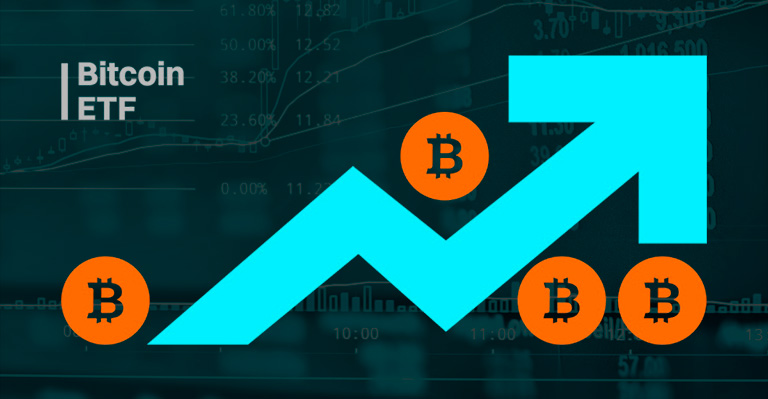TL;DR
- Bitcoin spot ETFs saw net inflows of $307 million, driven by BlackRock’s IBIT ETF with $498 million in net inflows.
- Ethereum spot ETFs faced net outflows of $186 million, with Fidelity’s FETH ETF recording the largest loss of $276 million.
- The contrasting trends highlight evolving investor preferences and potential shifts in market dynamics.
Bitcoin spot ETFs have recorded substantial inflows, signaling a renewed interest in the crypto market. Over the past week, Bitcoin spot ETFs saw net inflows totaling $307 million. This surge was primarily driven by BlackRock’s IBIT ETF, which alone contributed $498 million in net inflows.
The impressive performance of BlackRock’s ETF underscores the growing institutional interest in Bitcoin, despite some fluctuations in the market. However, not all Bitcoin ETFs experienced the same level of success. The ARKB ETF, managed by ARK Invest and 21Shares, faced a net outflow of $202 million during the same period.
This divergence highlights the varied investor sentiment within the Bitcoin ETF market, with some funds attracting significant capital while others struggle to maintain investor confidence.
Ethereum ETFs Face Challenges

In contrast to the positive momentum seen in Bitcoin ETFs, Ethereum spot ETFs have encountered a challenging week. Ethereum spot ETFs experienced net outflows of $186 million, with Fidelity’s FETH ETF recording the largest loss of $276 million.
This significant outflow indicates a more cautious sentiment towards Ethereum among investors. Despite the overall negative trend, there were some bright spots within the Ethereum ETF market.
BlackRock’s ETHA ETF managed to achieve a net inflow of $124 million, showcasing a degree of investor confidence in specific Ethereum-focused funds. However, the broader trend suggests that Ethereum ETFs are facing more volatility and investor skepticism compared to their Bitcoin counterparts.
Market Implications and Future Outlook
The contrasting trends between Bitcoin and Ethereum ETFs highlight evolving investor preferences and potential shifts in market dynamics. The strong inflows into Bitcoin ETFs suggest a growing institutional support for Bitcoin as a stable and profitable asset class.
On the other hand, the outflows from Ethereum ETFs may reflect concerns about Ethereum’s future utility and its role in DeFi and smart contract applications. As the crypto market continues to mature, the performance of Bitcoin and Ethereum ETFs will likely play a crucial role in shaping investor sentiment and market trends.
The ongoing developments in the ETF market will be closely watched by investors and analysts alike, as they seek to navigate the complexities of the evolving digital asset landscape.

